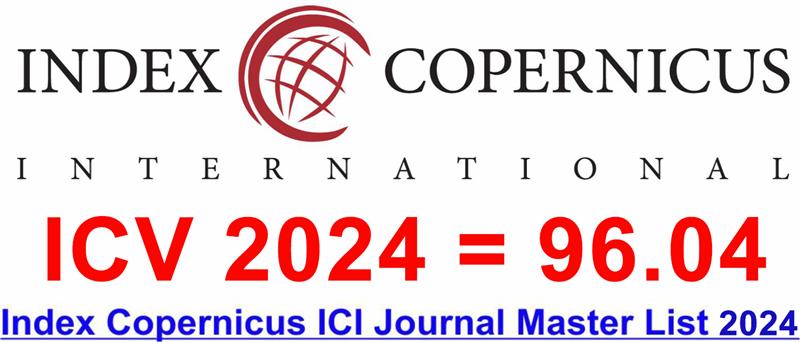The Effectiveness of Using “Punctuation Island” Game for the Improvement of Children’s Basic Punctuation Skills
DOI:
https://doi.org/10.60072/ijeissah.2023.v1i03.001Abstract
This research was implemented with the purpose of resolving the Year 5 pupils’ problem of using basic punctuation skills in writing using the “Punctuation Island” digital intervention. Additionally, the game is also executed to improve the researcher’s teaching practice on teaching basic punctuation skills in writing. The participants selected for this research consisted of three pupils whose English Language proficiency ranged from low to average. The “Punctuation Island” digital intervention was developed to gain pupils’ attention and motivation to learn particularly basic punctuation skills. In this research, observation, interviewing, and document analysis were used as the data collection instruments. The researcher analysed the data using a thematic qualitative analysis approach as well as a quantitative data analysis approach using basic statistics. The findings of this research have shown that the participants successfully improved their knowledge of using basic punctuation marks in their writing through the application of the newly achieved skills of using basic punctuation and better involvement in the teaching and learning activity. In conclusion, the researcher was also able to improve his teaching practice by teaching basic punctuation skills through fun and interactive learning and encouraging a student-centred learning environment.
Keywords:
Digital Game, Punctuation Marks, Digital Intervention, Student-Centred LearningReferences
Andrade, C. (2021). The inconvenient truth about convenience and purposive samples. Indian Journal of Psychological Medicine, 43(1), 86-88. DOI: 10.1177/0253717620977000
Castleberry, A., & Nolen, A. (2018). Thematic analysis of qualitative research data: Is
it as easy as it sounds?. Currents in Pharmacy Teaching and Learning, 10(6),
-815. https://doi.org/10.1016/j.cptl.2018.03.019
Clark, J. S., Porath, S., Thiele, J., & Jobe, M. (2020). Action research. New Prairie
Press. https://newprairiepress.org/ebooks/34/
Dehghanzadeh, H., Fardanesh, H., Hatami, J., Talaee, E., & Noroozi, O. (2021).
Using gamification to support learning English as a second language: A
systematic review. Computer Assisted Language Learning, 34(7), 934-957.
https://doi.org/10.1080/09588221.2019.1648298
Jahin, J. H., & Idrees, M. W. (2012). EFL major student teachers’ writing proficiency
and attitudes towards learning English. Umm Al-Qura University Journal of
Educational & Psychologic Sciences, 4(1), 10-72
Kemmis, S., McTaggart, R., & Nixon, R. (2014). The Action Research Planner: Doing Critical Participatory Action Research. DOI 10.1007/978-981-4560-67-2
Miles, M. B., Huberman, A. M., & Saldaña, J. (2018). Qualitative data analysis: A
methods sourcebook. Sage publications.
Ministry of Education Malaysia. (2011). Dokumen Standard: Kurikulum Standard
Sekolah Rendah (KSSR) Bahasa Inggeris SK (Tahun Satu dan Dua).
Bahagian Pembangunan Kurikulum.
Nurwahyuni, E. (2019). The effect of Think Pair Share (TPS) technique toward the students’ writing ability in narrative text at the eleventh grade of SMA Negeri 3 metro in academic year 2018/2019 (Doctoral dissertation, IAIN Metro).
Taguchi, N. (2018). Description and explanation of pragmatic development:
Quantitative, qualitative, and mixed methods research. System, 75, 23-32.
https://doi.org/10.1016/j.system.2018.03.010
Walshe, C., Ewing, G., & Griffiths, J. (2012). Using observation as a data collection
method to help understand patient and professional roles and actions in
palliative care settings. Palliative medicine, 26(8), 1048-1054. https://doi.org/
1177/0269216311432897
























